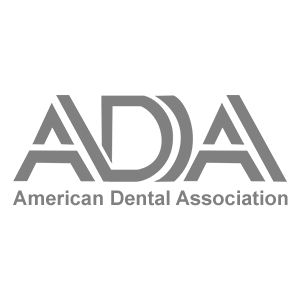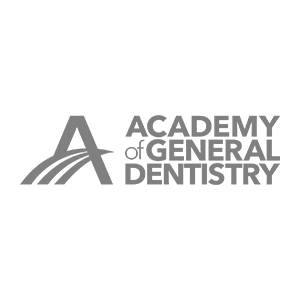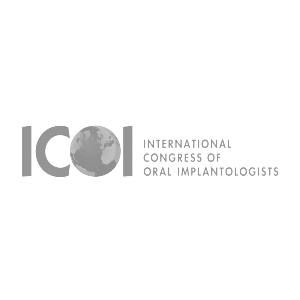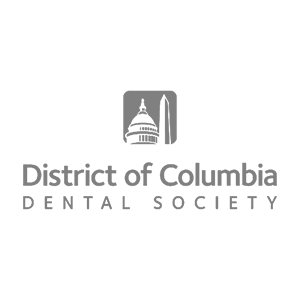oral cancer
Oral cancer is one of the top 10 most common cancers, accounting for nearly 5 percent of all cases. Close to
54,000 Americans are expected to be diagnosed with oral or pharyngeal cancer this year. It is expected to cause more than 9,750 deaths, killing roughly 1 person per hour, 24 hours per day, according to The Oral Cancer Foundation.
Protect yourself from the dangers of oral cancer.
Or call us at:
the dangers of Oral cancer
screening patients in Washington, DC
Oral cancer is particularly dangerous because it can go unnoticed in its preliminary stages. In many cases, however, general dentists can detect the disease early during routine
oral cancer screenings, which makes the dental community the first line of defense against oral cancer. Read on to learn more about oral cancer and why it’s crucial to talk with your general dentist immediately if you believe that you are experiencing any symptoms.
Warning Signs of Oral Cancer
Oral cancer typically is painless in its early stages but can become painful as it spreads. Go to your dentist immediately if you observe any of the following:
How Do Dentists Screen for Cancer?
During an oral cancer screening, your dentist will feel for lumps or irregular tissue changes in your neck, head, cheeks and oral cavity. He or she also will examine the soft tissues in your mouth, looking for sores or discolored tissues. He or she also may use screening devices that use rinses, dyes or different types of lights to detect abnormal cells. It’s important to remember that your dentist does not necessarily think you have oral cancer if he or she performs a screening. An oral cancer screening is part of a routine dental checkup, even when you have no symptoms.
How is Oral Cancer Treated?
Methods of treatment for oral cancer include surgery, radiation therapy and/or chemotherapy. Each individual patients’ treatment plan is determined in conjunction with their physician.
Risk Factors for Oral Cancer
Risk factors for oral cancer include tobacco use, alcohol use, sun exposure (lips), previous head and neck cancer diagnosis and human papillomavirus (HPV) infection. HPV can cause cancer in the back of the throat (oropharyngeal cancer), including the base of the tongue and tonsils.
How Can I Prevent Oral Cancer?
To help prevent oral cancer, abstain from using all forms of tobacco, and avoid excessive sun exposure and alcohol consumption. Additionally, the Centers for Disease Control and Prevention recommends that all preteen boys and girls ages 11 to 12 should be vaccinated for HPV, which may aid in reducing the risk of oral cancer. The vaccines are also recommended for males and females ages 13 to 26 if they haven’t received them already.
Schedule Your Next Oral Cancer Screening Today
Because successful treatment and rehabilitation of oral cancer are dependent upon early detection, it is extremely important to regularly check your mouth for any changes and to maintain regular dental visits, at least once every six months. Oral cancer screenings are a quick and painless part of your typical cleaning and exam, so don’t wait- schedule your next appointment at DC Implant & Cosmetic Dentistry today!
RELATEd SERVICES
why choose DC Implant & Cosmetic Dentistry
SERVING THE WASHINGTON DC AREA SINCE 2017
At DC Implant & Cosmetic Dentistry, we offer comprehensive and personalized dental care tailored to each patient’s individual needs. Our team is dedicated to providing you with the highest quality of care using state-of-the-art techniques and technologies. We are committed to providing safe, effective treatments that will help you achieve a healthier, more beautiful smile.

Award-Winning Dentist
Over 10 Years of Experience

200+ 5 Star Google Reviews

Emergency Care Available

State-of-the-Art Equipment
Free On-Site Parking Spots
online reviews
what patients are saying
DC Implant & Cosmetic Dentistry provides patients with exceptional dental care. Our experienced dentists and staff strive to ensure that each visit is a pleasant experience. We are proud of the relationships we have established with our patients over the years and thank them for their loyalty and trust. To see what our current patients have to say about our comprehensive dental services, check out our reviews!








